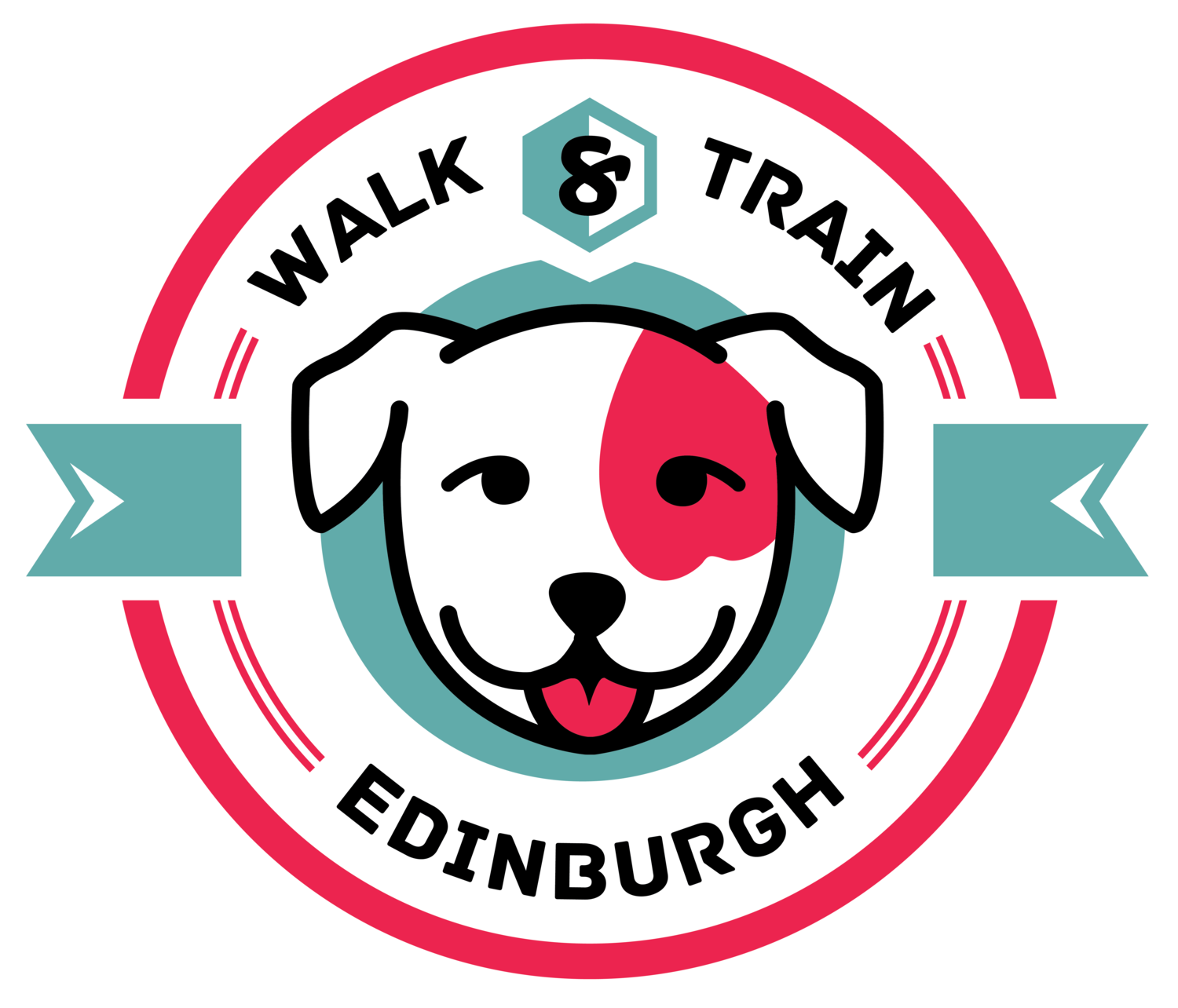Set Your Dog Up For Success
Is your dog barking at the window? – Teach them what to do instead.
Is your dog jumping on guests? – Teach them what to do instead.
Is your dog stealing food? – That’s right, teach them what to do instead.
Often we complain about a dog’s behaviour, and tell the dog off for doing whatever it isn’t supposed to be doing, when the behaviour has already been practiced. That is – you were too late. If you know that your dog will behave in a certain way when given the opportunity - act before it happens. Teach your dog an alternative behaviour to practice in these situations. Build it up gradually and proof the dog before it is put to the test. That way, you prevent the behaviour from happening in the first place, but also, make it really easy for the dog to do the right thing.
A great command to use inside your home is “Place”, which teaches your dog to go to its bed and stay there until released. For example, if you have guests coming over, keep your dog in place for the first 10 minutes or so until everyone has settled. That way, once you release your dog the situation will have calmed down, making it easier for both you and your dog to work on polite greetings. (We have some videos on how to teach this on our YouTube channel.)
This concept should also always be kept in mind when working on obedience or behaviour problems. If your dog gets tensed about seeing other dogs at a 50 meter distance, it is probably not going to do better seeing dogs at a 20 meter distance. Always create a situation where it is easy for you and your dog to be successful, and end the training session when your dog is doing well. If you are working on your dog’s recall, keep a long line on your dog so that you are able to block it from running off and only give it the opportunity to do the right thing.
Set your dog and yourself up for success – practice with small challenges, and gradually build it up. Make it easy for you to be successful, and difficult for your dog to get to practice the problematic behaviour.

